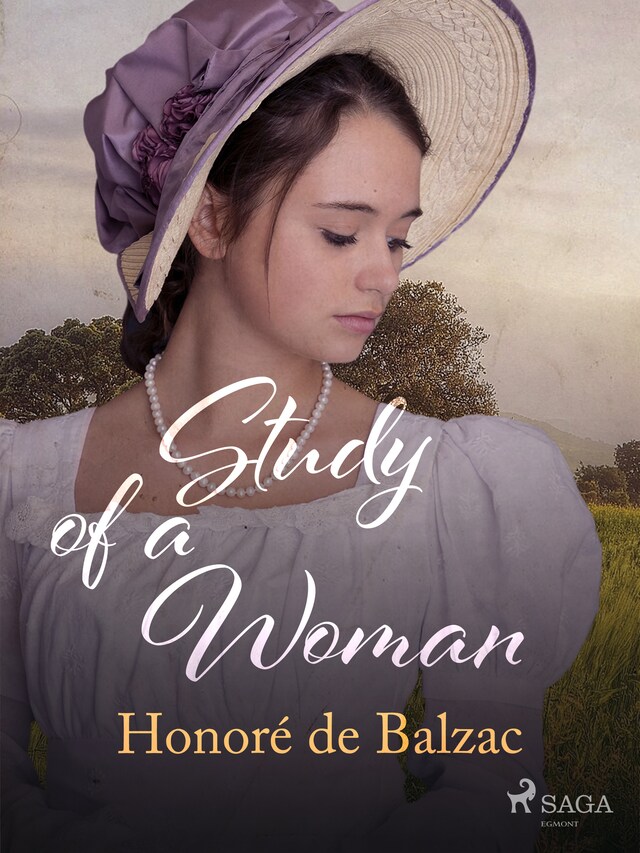
Study of a Woman


